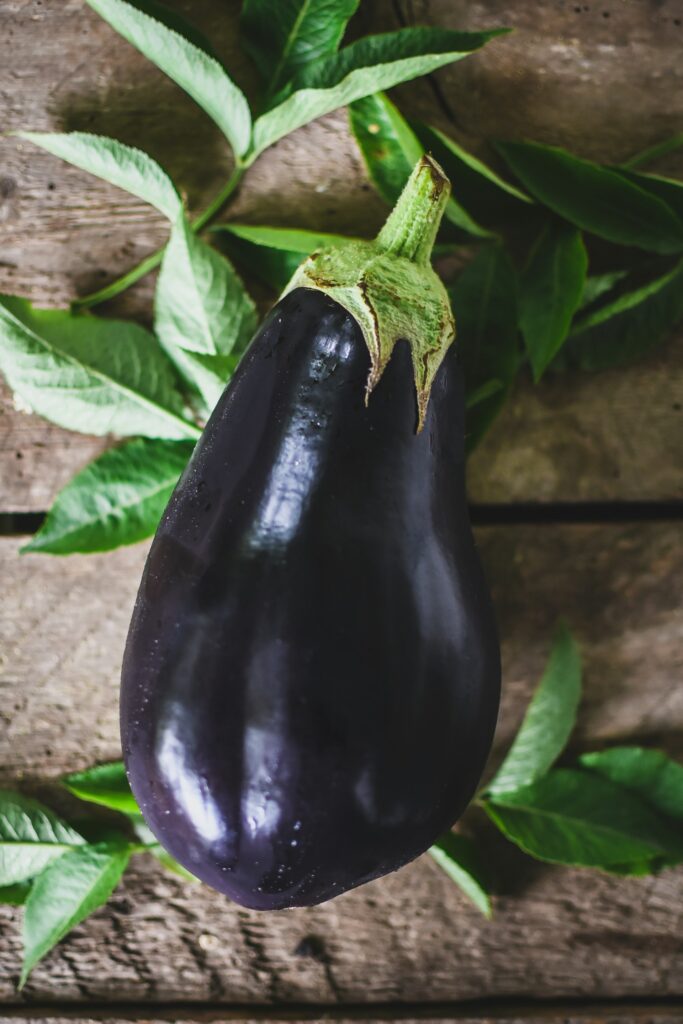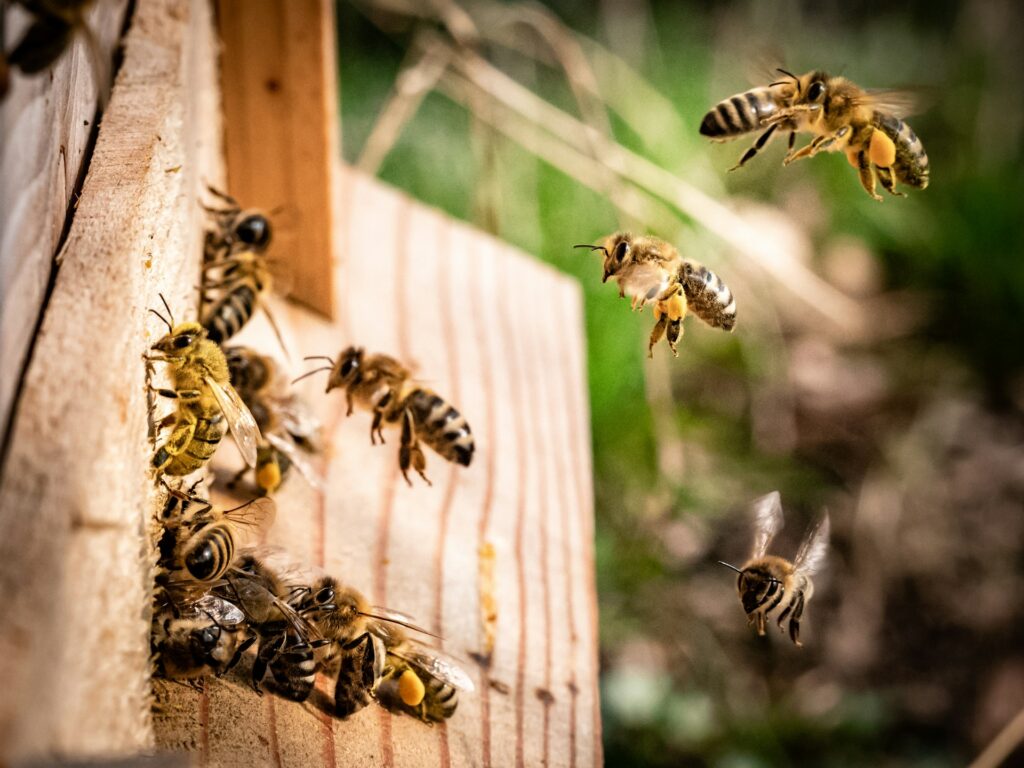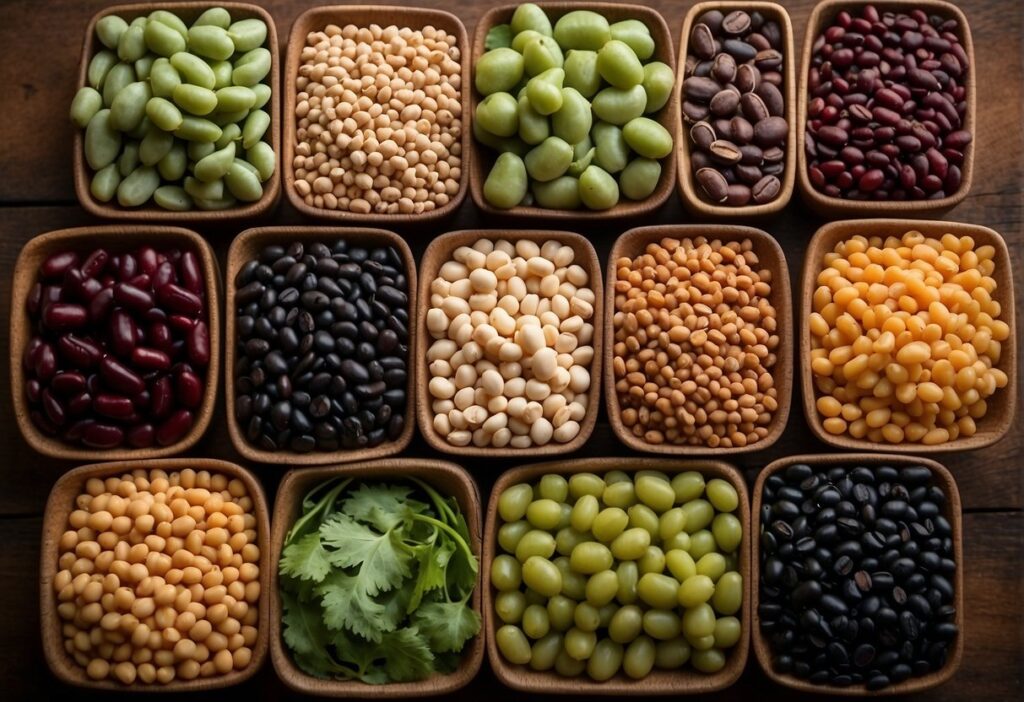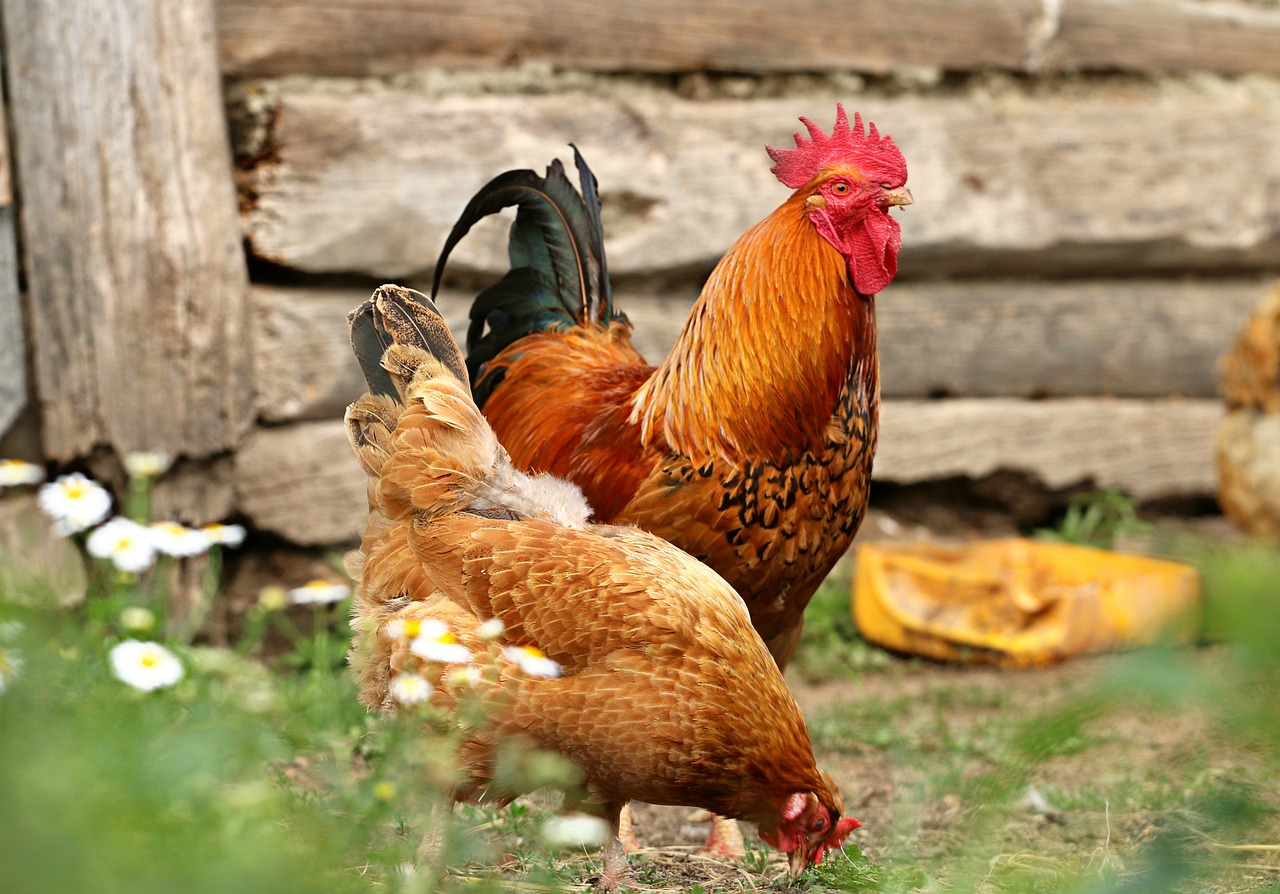
Ever wondered if your feathered friends in the backyard coop can indulge in the sweet, juicy delight of mangoes? As a chicken owner, understanding the dietary do’s and don’ts for your poultry is crucial for their health and happiness. This article delves into whether chickens can safely eat mangoes, the nutritional benefits of feeding mango to your chickens, and any potential risks involved. So, if you’re curious about expanding your chickens’ menu with this delicious tropical fruit, keep reading to discover how mango can fit into a balanced diet for your feathered pals.
Mangoes and Chickens: The Full Guide
Chickens love a good treat, and as chicken owners, we love to spoil them. But when it comes to treats like mango, it’s essential to know whether these sweet fruits are a friend or foe to our backyard chickens. Mangoes are not only a tasty snack for humans but can also be a delicious and nutritious treat for chickens when offered correctly.
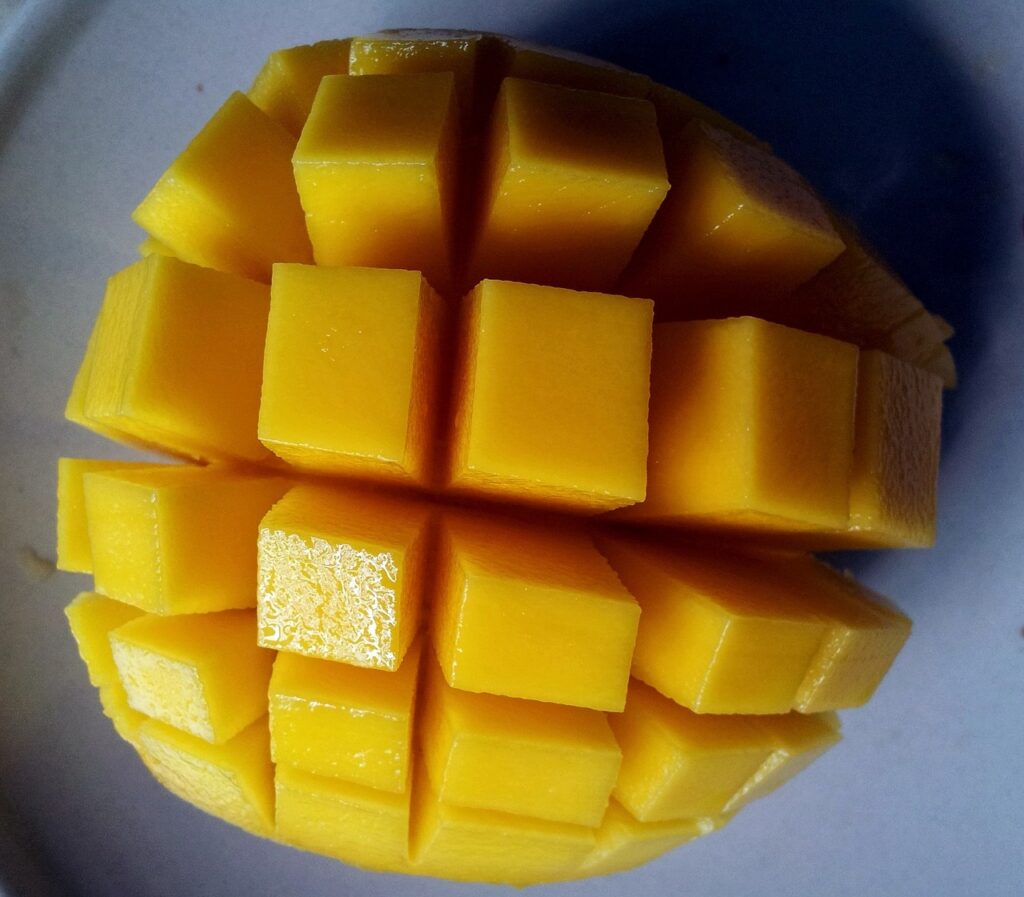
Are Mangoes Safe for Chickens?
The question of whether chickens can eat mango is a common one among poultry enthusiasts. The short answer is yes, chickens can eat mango. This tropical fruit is packed with vitamins and minerals that can be beneficial for your flock. However, there are some precautions to take when introducing mango to your chickens to ensure their safety.
Nutritional Benefits of Mango for Chickens
Mangoes offer many health benefits to chickens. They are high in vitamin C, vitamin A, vitamin E, and antioxidants, which can boost your chicken’s immune system and help them stay healthy. Mangoes are also rich in dietary fiber, which is essential for maintaining a healthy digestive system in your feathered friends.
How to Feed Mango to Your Chickens
Feeding mango to your chickens is quite simple, but you should do it properly to ensure they get the most out of this treat. First, make sure the mango is ripe and fresh. Cut the fruit into small, manageable pieces that your chickens can easily peck and consume. Remove the pit and skin to prevent any risk of choking or digestive issues. Offering mango pieces as a part of a balanced diet will help keep your chickens happy and healthy.
Can Chickens Eat Mango Skin and Peel?
While the flesh of the mango is safe for chickens, the skin and peel may not be the best idea. Mango skin can be tough for chickens to digest and may contain pesticide residues if not properly washed. Additionally, the skin of a mango is not as nutrient-dense as the flesh, so it’s better to stick to feeding your chickens the inner, succulent part of the fruit.
The Risks of Feeding Mango to Chickens
Mangoes are high in sugar, and like any food high in sugar, they should be given to chickens in moderation. Too much sugar can lead to obesity and other health issues in poultry. Additionally, the pit of the mango contains small amounts of urushiol, the same irritant found in poison ivy, which can be harmful if ingested in large quantities.
Mango Seeds: A Potential Danger?
The large, hard mango seed, also known as the pit, can pose a choking hazard to chickens and should be removed before offering the fruit to your flock. Moreover, the unripe mango seed may contain higher levels of urushiol, which could cause an adverse reaction. Always ensure the mango is ripe and the seed is discarded to keep your chickens safe.
Moderation is Key: Balancing Mango in a Chicken’s Diet
While mangoes are nutritious, they should only be an occasional treat and not a staple in your chicken’s diet. Chickens require a balanced diet designed to meet their nutritional needs, primarily consisting of high-quality chicken feed. Mangoes can be a tasty supplement to their regular feed, but always in small quantities to avoid any digestive upsets or nutritional imbalances.
Other Fruits to Consider for Your Poultry
In addition to mangoes, chickens can enjoy a variety of fruits as treats. Apples (without seeds), berries, and melons are all safe options. Fruits like these are rich in vitamins and minerals and can provide your chickens with a welcome change to their diet. Always introduce new fruits gradually and in moderation to ensure your chickens do not experience any digestive issues.
Ensuring Your Chickens Stay Healthy with a Varied Diet
A varied diet that includes fruits like mango can be beneficial for chickens, offering them essential vitamins and minerals. However, it’s crucial to ensure that these treats do not replace their regular, nutritionally complete chicken feed. A balanced diet for chickens typically consists of grains, proteins, and greens, supplemented with occasional treats such as fruits and vegetables. By providing a diverse range of foods, you’ll help maintain a healthy and happy flock.
Summed Up: Mangoes as a Part of Chicken’s Diet
To sum up, chickens can indeed enjoy mango as a part of their diet. This delicious tropical fruit can offer nutritional benefits like antioxidants, vitamins, and dietary fiber that can contribute to your chickens’ overall well-being. However, it’s important to serve mango in moderation, ensure it’s ripe and fresh, and remove the skin and pit to avoid any risks. By incorporating mango and other fruits into your chickens’ diet with care, you can provide a tasty and healthy variety that will keep your feathered friends clucking with joy.
Key Takeaways:
- Chickens can safely eat mango in moderation as a treat.
- Mangoes are packed with vitamins, antioxidants, and dietary fiber that can benefit chicken health.
- Always remove the mango skin and pit before feeding to prevent choking hazards and exposure to urushiol.
- Feed mangoes as a supplement to a balanced diet, not as a replacement for regular chicken feed.
- Introduce fruits like mango gradually to your chickens to avoid digestive issues.
- A varied diet helps ensure your chickens stay healthy, so consider offering a range of safe fruits and vegetables alongside their main feed.
By adhering to these guidelines, you can enjoy the sight of your chickens eating mango without worry, and your feathered friends can relish in the occasional sweet treat that supports their health and happiness.

